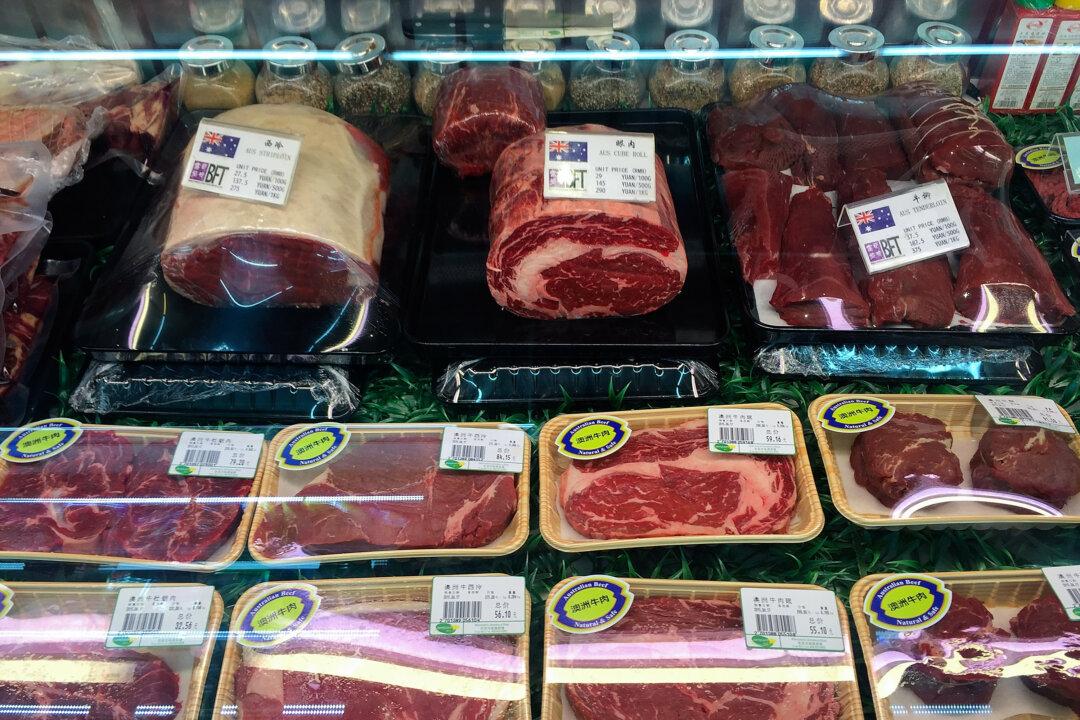A new Australian beef establishment has been given the green light to export to China for the first time since 2017.
On July 5, the government announced that the Australian Meat Group (AMG), a meat processing and export business in Melbourne, had been approved for beef exports to China.





